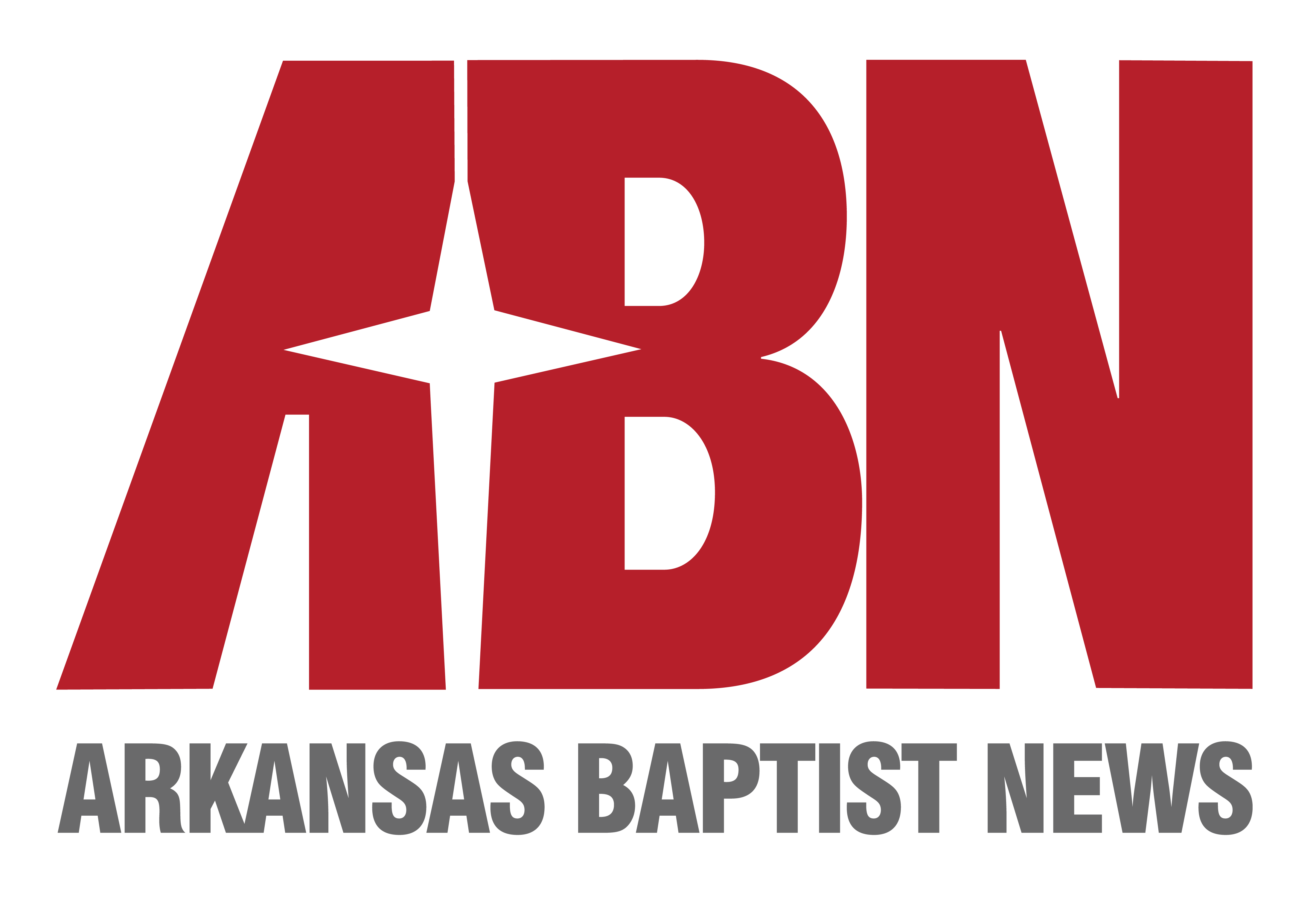In 1896, two young archeologists, Arthur Hunt and Bernard Grenfell, happened upon some of the most significant archeological finds of the 20th century: early fragments of the New Testament and early writings of the Christian faith. The treasure, which was found in an ancient Egyptian garbage dump, was so substantial in scale, that scholars and researchers are still sifting through the contents. In 2018, the Egyptian Exploration Society published a fragment of the Gospel of Mark that was found in the garbage dump. The fragment is currently dated to the second or third century. It is one of the oldest New Testament fragments ever found.
Such archeological findings are encouraging and helpful when one is defending the historical reliability of Scripture. It bolsters the Christian stance that God not only inspired the original text, but that He guided the transmission of the Scriptures from generation to generation.
The Bible was not dropped out of heaven fully assembled with chapter and verse included. In fact, in the early church, there was some debate about which books should and should not be included in the New Testament canon. And the New Testament canon wasn’t fully accepted in its current form until the Council of Hippo at the end of the fourth century.
For most of redemptive history, God has chosen to bring about his revelation through human agency. And any time humans are involved in any process, it’s going to be a little messier than what one may hope.
Any assumption that it was Jesus that left us with the 27 books in the New Testament, is mistaken. The 27 books in the New Testament had not been written during Jesus’s earthly ministry. And, we do not have any writings from Jesus himself. This, however, in no way diminishes the inerrancy, infallibility, inspiration, or authority of Sacred Scripture. This merely shows us the mechanism by which God delivered the Scriptures to us. But there are some Christian antagonists, that spin such a delivery method in a way that questions the reliability of the Scriptures. And though all books of the Bible are equally inspired, not all give us intimate historical details on the life of Jesus like the Gospel narratives do. Therefore, the Gospels have endured something of a particular focus from skeptics.
Bart Ehrman, an atheist and ancient near eastern scholar, writes on his reason for deconversion, “Once I realized there could be a mistake in the Bible, I started finding them all over the place. The first thing it did was made me realize the Bible is not an inerrant revelation from God. It’s a human book with errors. I stopped being evangelical and became a liberal Christian. I eventually became an agnostic. There’s no way I would have leaped from fundamentalist to agnostic. It required a lot of transition. And the first thing to go was the inerrancy of the Bible.”
His journey toward this position began when he was writing a paper on Jesus’s reference to Abiathar in Mark 2:26. According to Ehrman, Jesus’s statement was a clear error because, contrary to what Jesus claimed in the passage, Abiathar wasn’t the high priest at that time; as 1 Samuel 21 indicates, Ahimelech was. So according to Ehrman and others like him, the Gospel narratives cannot be fully relied upon because there are “errors” in the text. But such a claim assumes way too much, or to be more blunt: it is a massive overreach.
Of course, we do not have the space to defend every attack against the Gospels, but perhaps one can serve as an example. So, let’s simply look at Jesus’s use of Abiathar. Craig Blomberg writes, “Probably, in 2:26, Mark…intended Jesus to be understood as referring to the passage of Abiathar.” The Old Testament was not divided up into chapter and verses in the time of Christ. The text was usually divided into passages (or sections) to be read at the weekly synagogue gathering. It is very probable that Jesus was simply referring to a passage that included the Abiathar account along with many other details. This would have been completely understood by the early Christians and Jesus’s original hearers.
In his book, Can We Trust the Gospels, Peter J. Williams writes, “For all the many contradictions that have been alleged in the Gospels, and for all the texts that remain puzzling, I do not know of any that cannot possibly be resolved.” In other words, the supposed contradictions that are mounted against the Gospels are just that, supposed contradictions. There is never a clear, definitive error recorded anywhere in the Gospel narratives or anywhere else in Scripture.

